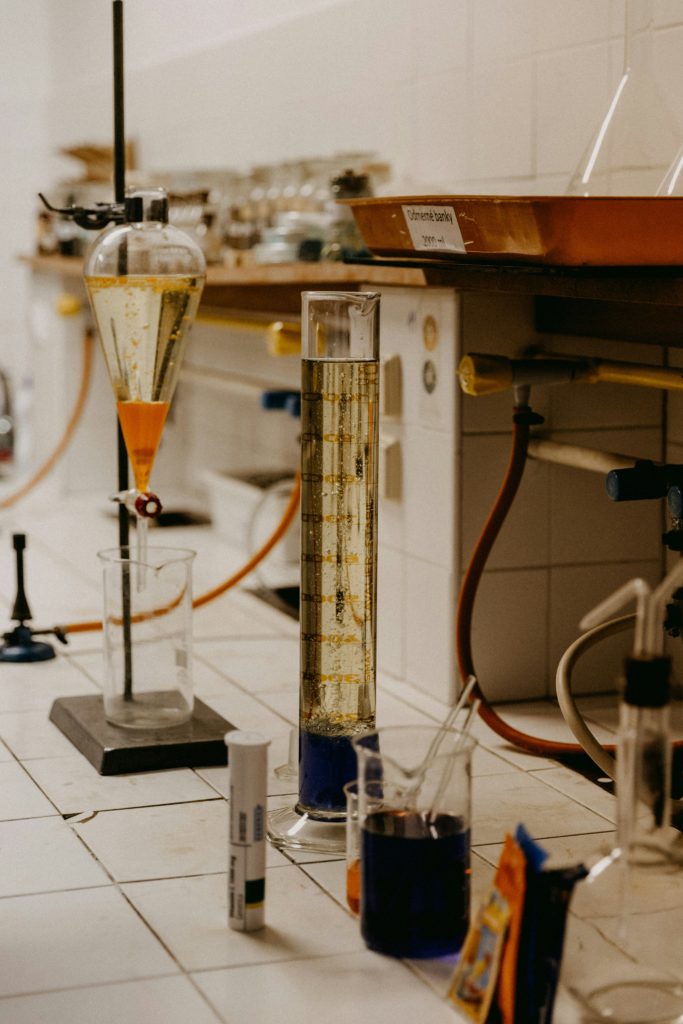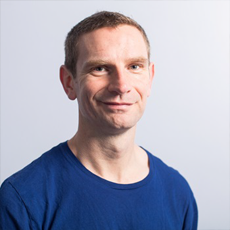
Photo by Trnava University on Unsplash
The majority of students are remote to the university on the Doctorate in Sport and Exercise Science. I feel that it is important that they feel part of the university as well as also get the chance to interact in person with each other and us (less so us though I think I would have to say!). We recently held the third get together of all of the students on the programme across the 4 cohorts. This event is our opportunity to organise a day for them to come into the university and to be “students” for the day. There is such a nice mix of people in these sessions. Some are just starting their studies while some others are just finishing or are somewhere in between. It’s always great to hear them share their experiences, talk about their challenges and have opportunities to share their research ideas with each other. It feels like they all go away reinvigorated with their projects and determined to progress more.
At these events, I realise again the complexity and beauty of this programme. Across the 40 or so students we are lucky to have a diverse range of individuals who all have different thoughts and experiences. This inevitably leads them to have a variety of technical and personal knowledge and skills which means that they often need to have a bespoke educational experience created for them. The creation of such a learning environment that provides them with a relevant “point of challenge” is a real educational experiment. Using subtle variations in approach can create different amounts of directed or self-directed learning opportunities. Encouraging and allowing them to then consider in depth the processes by which they obtain a given outcome provides a rich opportunity for them to understand their approach and where it may have resulted in success or failure. This also gives useful information to us as staff to create different techniques to help support their development.
My experience tells me that these processes are not immediately obvious and are only co-created through a series of micro experiments in learning that lead to the important moments of progression or failure. The learning that we as staff accumulate as we go through iterations of this process means we learn as much as the students on the programme. This learning, over time leads to the development of a higher baseline of experience from which we can start the ideation of potential support processes for all. This cycle of activity is messy and time consuming and difficult. These seems like the characteristics that all good educational programmes should have (though this seems less typical of how education within higher education is thought of now). It’s this messiness and complexity that in my view provides the beauty of the experience for me. Despite dealing with students on these programmes for around 8 years I am still no closer to really understand what effective support looks like. I guess though that is why I enjoy it so much and what keeps me wanting to be involved to not only develop my own skills but to better support those who chose to come to Birmingham to develop.

B.Drust@bham.ac.uk
